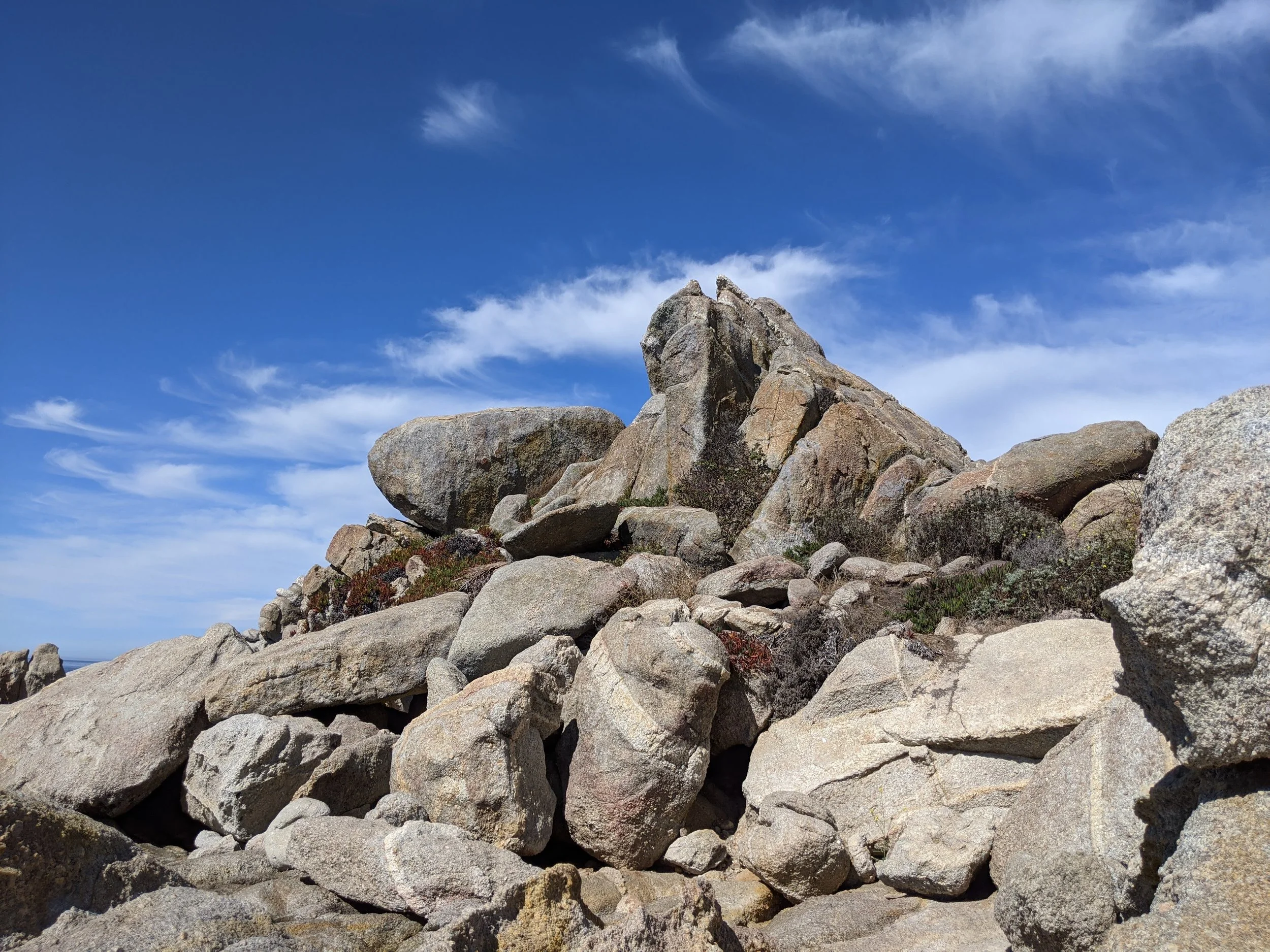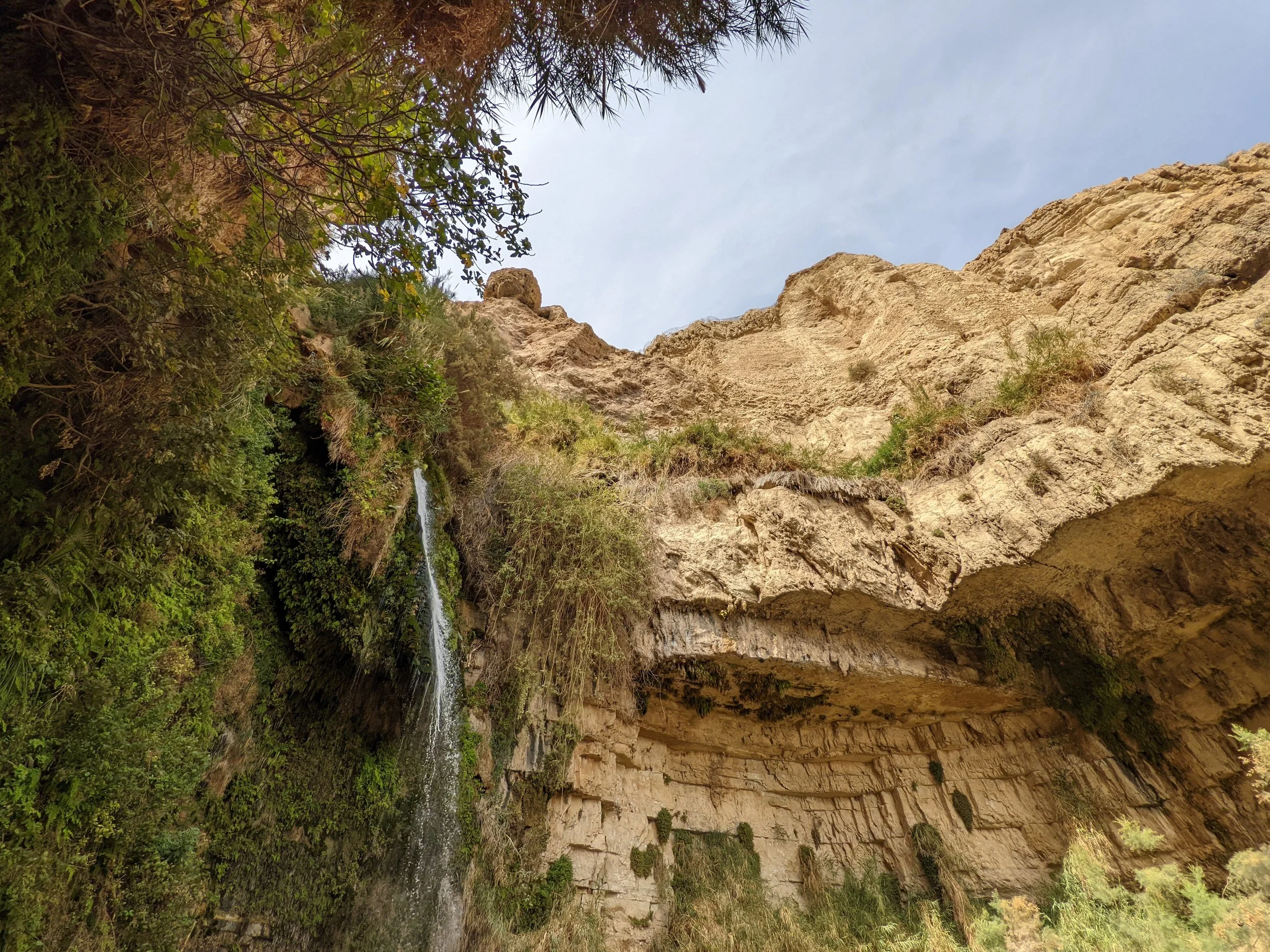1 And he said to them, "Truly, I say to you, there are some standing here who will not taste death until they see the kingdom of God after it has come with power." 2 And after six days Jesus took with him Peter and James and John, and led them up a high mountain by themselves. And he was transfigured before them, 3 and his clothes became radiant, intensely white, as no one on earth could bleach them.
I would like to conclude our three-part study of this transfiguration with one last observation. We've seen how the transfiguration on the mountaintop provided an encouraging preview and an important conference. But it also provides us with a different mountain, and this mountain is all-important to your life today. Let me explain.
Moses and God's Glory
Moses, Elijah, and Jesus all had different experiences on mountaintops with God's glory.
Let's take Moses first. After he led the people of Israel out of their slavery in Egypt, they were in the wilderness near Mount Sinai. God called Moses up to the mountaintop for forty days and nights. There, Moses received the law of God in the form of the ten commandments, the civil law for Israel, and the worship code of Israel. And when Moses came out of God's presence, out of God's cloud, he glowed with the aftereffects of God's glory (Exodus 34:29). He had an afterglow.
Now consider Elijah. As God's man, he announced a great drought would come upon Israel because of their persistent worship of false gods. For years, no rain came upon the land, and Elijah was in hiding. Finally, he emerged and challenged the priests of the false gods to a contest on a mountain. Elijah's mountain was Mount Carmel and, after giving the priests of Ba'al a chance to call down fire from their god, Elijah offered a humble sacrifice and prayer to Israel's God. God's glory was manifested in the fire that consumed the sacrifice, and even the altar it sat upon.
Moses glowed with the afterglow of God's power and glory. Elijah called down the presence of God's power and glory. But what did Jesus do?
Jesus went to his mountain—not Carmel or Sinai—and prayed (Luke 9:29). There, he was transfigured. This does not mean God's power and glory came upon Jesus, but that it shone from Jesus. He was changed into what he truly was—the glorious Son of God. In another place, Jesus prayed, "Father, glorify me in your own presence with the glory that I had with you before the world existed" (John 17:5). And when Jesus shone, as Mark says, with radiance like no launderer on earth could produce, it was a manifestation of his own glory (3). He did not need to reflect God's glory, like Moses, or call down God's glory, like Elijah. Instead, he produced God's glory because, of course, he is God.
Us!
But how does this information help us? Simple. The Bible teaches us that faith in Christ leads us to become new creations in Christ (2 Corinthians 5:17). We are made new, transferred into Christ. Our new nature is such that it is as if we died with Christ, were buried with Christ, that we might live out the newness of life we have in Christ (Romans 6:1-4). "Our old self was crucified with him in order that the body of sin might be brought to nothing, so that we would no longer be enslaved to sin" (Romans 6:5). We must consider this to be so, that just like Jesus, "we are dead to sin and alive to God" (Romans 6:11). Dead to sin. Alive to God.
And once you know who you are in Christ, you will stop trying to grow the Moses or Elijah way. You will stop thinking you need experience after experience to change you temporarily, like Moses. And you will stop thinking your only hope is to call down the power of God at various moments in life, like Elijah.
Instead, you will know you are changed in Christ. You are new in him. You are a new creature within. You have been changed. Christ's position is now yours.
From this identity, in prayer and with the Spirit's aid, you will "present yourself to God as one who has been brought from death to life, and your members (your body parts, your mind, your emotions, your thoughts, your dreams, and your intentions) as instruments for righteousness" (Romans 6:13). And as you operate in step with the new identity God has given you in Christ, you become experientially changed—transformed.
Positionally, in Christ, you have been changed. Now, as you walk in him, you become outwardly changed.
2 Corinthians 3:18 (ESV) — 18 And we all, with unveiled face, beholding the glory of the Lord, are being transformed into the same image from one degree of glory to another. For this comes from the Lord who is the Spirit.
Listen to Him
So, let us also "listen to him." When the Father told them to "listen" to Jesus, he didn't mean listening in the purely auditory sense. He meant more than capturing what Jesus said. He meant obedience. These men would one day receive a new nature in Christ, they would become born again, they would be regenerated by the Spirit, and when that great transfer occurred, they also would be able to obey Jesus. Not without fail, but ever-increasingly they could surrender their bodies as instruments of righteousness. Let us, as believers in Christ, do the same.
***
For the entire Mark series, go here. Thank you.





